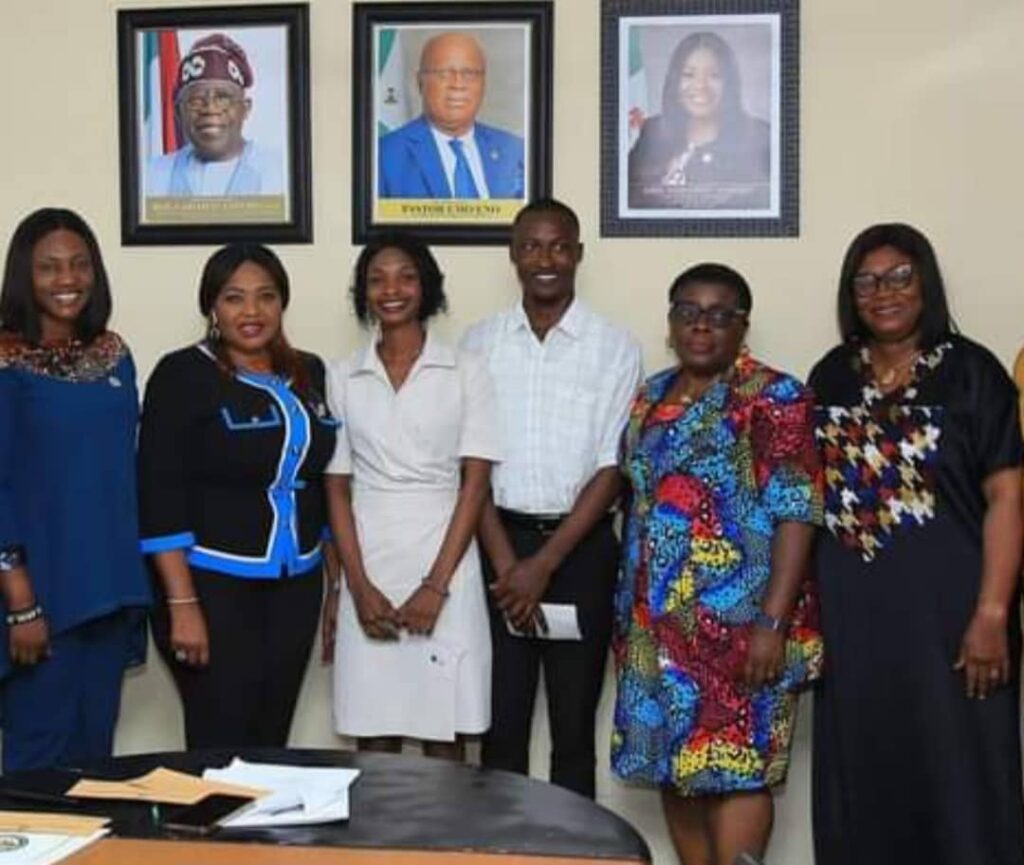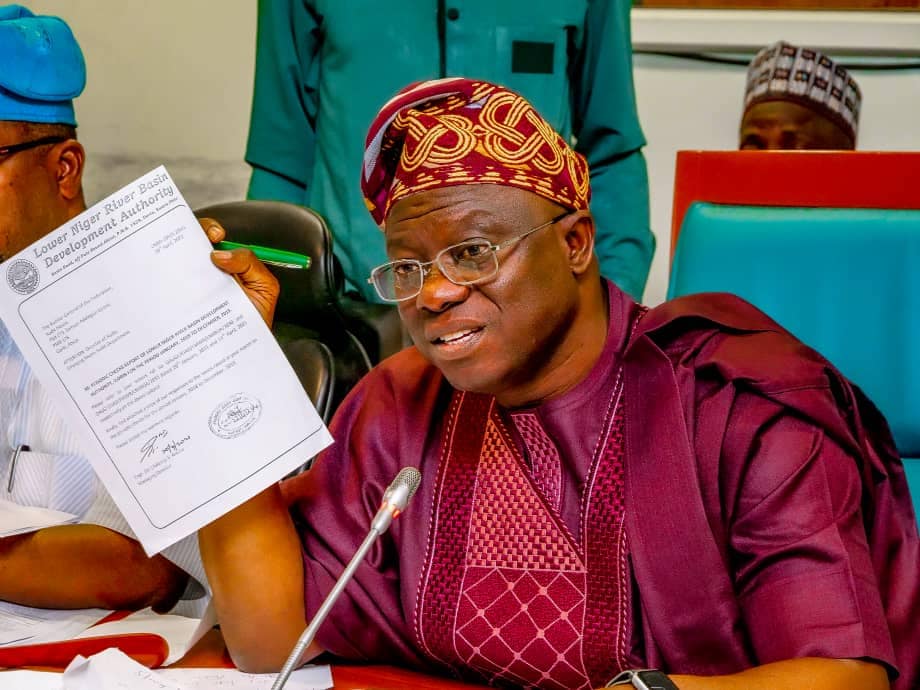
THE overall assessment of the March 28, 2015 Presidential and National Assembly elections, the first stanza of a two-legged poll across the country, has shown that the turnout of voters in some states was generally unimpressive.
The Guardian’s survey hinged this on two issues: voter apathy and non-availability of the Permanent Voter Cards (PVCs).
It was learnt that the cumbersome nature of the voting process as laid down by the electoral commission, was majorly responsible for voter apathy, which culminated into the unimpressive turnout. For instance, in highly populated areas, prospective voters were made to queue under the scorching sun for hours; for accreditation and voting.
As witnessed on March 28, those on queue when the card readers were malfunctioning were not too comfortable with the stress. Investigations revealed that not all the accredited voters returned to their polling centres to complete the voting process.
According to INEC’s laid down procedures, accreditation starts by 8:00am after which eligible voters are expected to go back home and return by 1:00pm for voting. After voting, it was optional for them to wait to monitor the sorting of ballot papers and later counting of votes.
Those whose fingerprints were rejected by the card readers and made to use the incident forms, described the process as too laborious. Political analysts are of the view that the commission should have made the process stress free to encourage voters to willingly come out to exercise their civic duties.
Another issue observed during the election was that some of the ad hoc staff were not adequately trained. The handling and operation of the new technology (card readers) revealed that some of the INEC personnel were not well trained for the job.
For most of the states, the disparity between registered voters and accredited voters was quite worrisome. For instance, in Osun, the total number of registered voters was put at 1, 378, 113, only 683,169 were accredited; Enugu, 1,381,563 registered, 616,112 were accredited; Abia, 1,349,134 were registered, 442,538 were accredited; Plateau, 1,977,211 were registered, 1,076,833 were accredited; 5,827,846 registered in Lagos, 1,678,754 got accredited; and in Ogun State, 1,709,409 were registered, while 594,975 were accredited. It was a similar scenario in all the states, including the Federal Capital Territory (FCT), Abuja.
With the figures, it was obvious that a good number of voters did not participate, either due to their own fault or that of INEC. For example, in Ogun, the All Progressives Congress (APC) Senatorial Candidate for Ogun Central, Prince Lanre Tejuoso and a House of Representatives Candidate, Mikhail Kazeem could not vote because they could not get their PVCs, likewise a former Special Assistant to former President Olusegun Obasanjo on women affairs, Chief Mrs. Titilayo Ajanaku.
At Olusomi Ward 11, Unit 22, Sokori, Abeokuta, where Obasanjo cast his vote, there were complaints galore as many of the registered voters said the Independent National Electoral Commission (INEC) officials promised they would bring their PVCs on the election day before accreditation begun, but that promised was not fulfilled.
In Ward 11, Unit 1, Amukankan, 500 names were in the voter register, but only nine were able to vote, while others did not because of the PVC.
Mr. Oketokun Tajudeen who registered at that Ward 11, Unit 23 told The
Guardian; “We were at INEC office since 7:00pm (March 27) and they told us that they will bring us our PVCs on the election day, but as at now (March 28), we were yet to see them.”
It was learnt that 153, 000 PVCs were still being expected in the state, which the INEC Electoral Commissioner, Mr. Timothy Ibitoye assured the people, would arrive a week to the election from Abuja, but which never arrived before the election day.
Few days ago, the state Governor, Ibikunle Amosun was reported to have flayed the electoral body for disenfranchising several people in the state, despite all the appeals made to them ahead of the election.
Reports across the country showed that many people, especially from communities could not endure the voting process.
In Lagos, few days to the election, prospective voters in 24 wards, which cut across five Local Government Areas, raised the alarm that they might be disenfranchised if their cards were not released. The local governments include, Ibeju-Lekki, Alimosho, Ikeja, Ifako/Ijaiye and Oshodi.
A week to the polls, the INEC Chairman, Attahiru Jega promised at an election situation room dialogue session with civil society organisations hosted by the Policy and Legal Advocacy Centre (PLAC) that the last batch of 500,000 permanent voter cards would be ready before March 28.
He added that as at then, 11 states had achieved over 90 per cent collection as a result of the six-week extension.
Some residents of Oshodi, The Guardian learnt were always told to either check back at later dates or that their cards were not available. Some non-indigenes, based in Ladipo, Mushin, Ojo/Alaba and other areas of the state complained bitterly of being intentionally denied of their cards.
With just six days to the Governorship and State Assembly elections, affected voters are raising concerns if the remaining batch of the PVCs were not distributed to the states this week.
The INEC spokesman, Kayode Idowu refused to comment on the issue. Questions sent to him on the official figures of the undelivered PVCs, why INEC could not fulfill its promise on the availability of the cards and efforts being made to get the cards ready before April 11 elections were not answered.
Also, efforts to get him through his mobile phone were unsuccessful.










